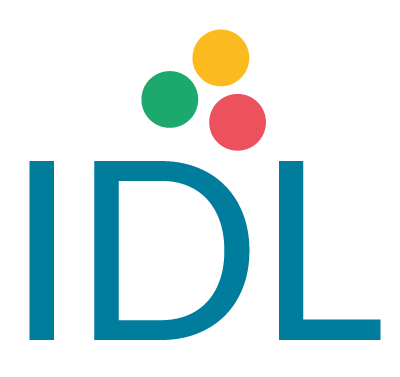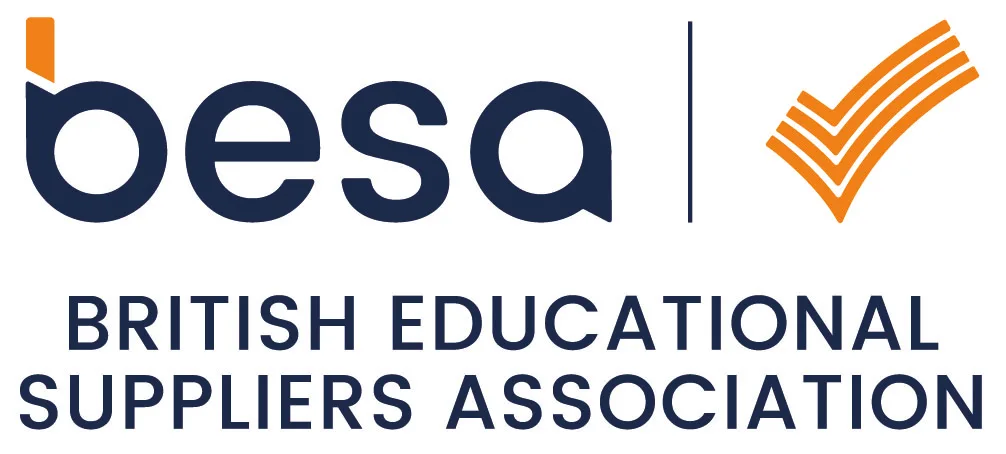Despite many countries only recently diagnosing students with dyscalculia and it being an under researched condition there are some clear strengths of a dyscalculic profile.
Like dyslexia the dyscalculic brain is wired differently but this is what makes having dyscalculia a positive attribute like a superpower.
6 superpowers of Dyscalculia
- Creativity – a lot of people with dyscalculia are very artistic and have above average imaginative skills which is reflected in their learning style.
- Strategic thinking – people with dyscalculia see situations holistically enabling them to identify the important elements and not just focus on one element or the minor details.
- Practical ability – people with dyscalculia are very hands on and practical which is a great to skill to have both inside and outside of education and can lead to some very exciting careers.
- Problem Solving – people with dyscalculia are fast problem solvers have the ability to think outside of the box and can reflect on past experiences. This provides unique insight and methods for solving problems.
- Love of words – people with dyscalculia are often exceptional at reading writing and spelling.
- Intuitive thinking – people with dyscalculia are good at interpreting reality and processing knowledge experiences and signs around them. Albert Einstein who had learning difficulties said that his studies relied a lot on intuition.

Celebrities with Dyscalculia
Although dyscalculia is a newly diagnosed condition it is not just school students who are identified as dyscalculic. All the great superpowers identified above can be seen in a range of well-known people who have dyscalculia. For example singers and actors with creative talent. Celebrities with dyscalculia include:
- Robbie Williams – Singer
- Cher – Singer
- Henry Winkler – Actor Comedian Director and Producer
- Mick Hucknall – Simply Red Singer
- Mary Tyler Moore – Actress
- Bill Gates – Philanthropist and Founder of Microsoft
- Benjamin Franklin – A Founding Father of the United States of America



Teaching Dyscalculic Pupils
When devising a maths teaching strategy for students with dyscalculia maths anxiety or low level maths ability it is important to consider their strengths. With many dyscalculic students being creative having a love of words and a strong practical ability they will be suited to a multi-sensory approach that uses contextualisation to real life scenarios. Taking this into consideration at IDL we have developed a multi-sensory and cloud based IDL Numeracy programme. IDL Numeracy is an interactive and fully graded course mapped to schools’ curriculums that improves the ability of low-attaining learners in mathematics.

Accompanying IDL Numeracy are our new animated maths tutorials which are designed to help your students in a visual and creative way with the theory behind the maths problems and principles covered in IDL Numeracy lessons. For a preview of these fantastic resources click to watch the video below.
Identifying Dyscalculia
In order to help identify dyscalculia we provide the IDL Dyscalculia Screener free of charge to all schools. It is a quick simple to use online test that highlights any dyscalculic tendencies or number SEN perfect for screening students aged up to 11 years. The test can be used to screen an entire year group or for individual students who are showing signs of maths anxiety or particular maths difficulties. To find out more about our Screener please click here.
















